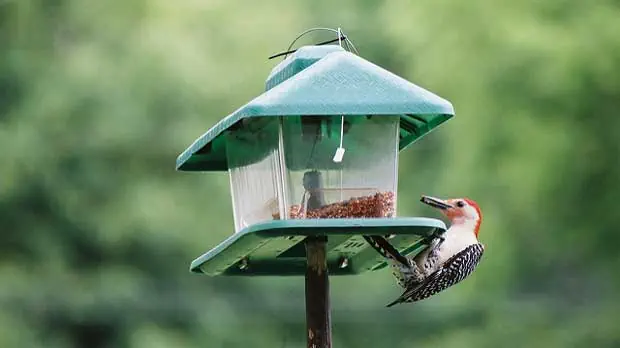
Source: Phys.Org
A new study conducted by researchers at Virginia Tech found that human involvement in feeding wild birds could potentially impact conservation efforts of wild birds.
The study took into consideration the responses of more than 1,170 people who feed birds and record their observations via Project FeederWatch. Researchers suggested that the data will help conservation efforts in the future by providing a deeper understanding of how people who feed birds respond to certain circumstances, such as sick birds, intense weather affecting the birds, and the appearance of predators, such as cats or hawks.
“More and more, we see that humans are interacting less with nature and that more of our wildlife are being restricted to areas where there are humans around. Looking at how humans react to and manage wildlife in their own backyards is very important for the future of wildlife conservation and for understanding human well-being as the opportunities for people to interact with wildlife become more restricted to backyard settings,” said Hawley, an associate professor in the Department of Biological Sciences in the College of Science, as reported by Phys.Org.
Though researchers cannot conclude whether feeding wild birds necessarily has a positive or negative impact on conservation efforts, they believe that the data could still reveal important information about the observations that these people make in their own backyards while feeding wild birds.
Across the U.S., over 57 million households invest in feeding backyard wild birds, and spend more than $4 billion on bird food, according to Phys.Org, and researchers are eager to understand how human response to wild birds will continue to impact nature in the future.
Read Full Story: Phys.Org
